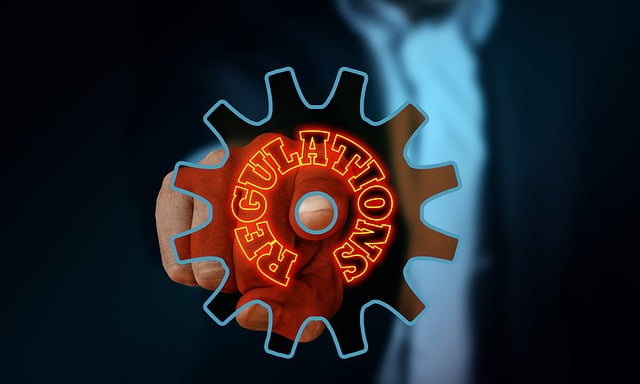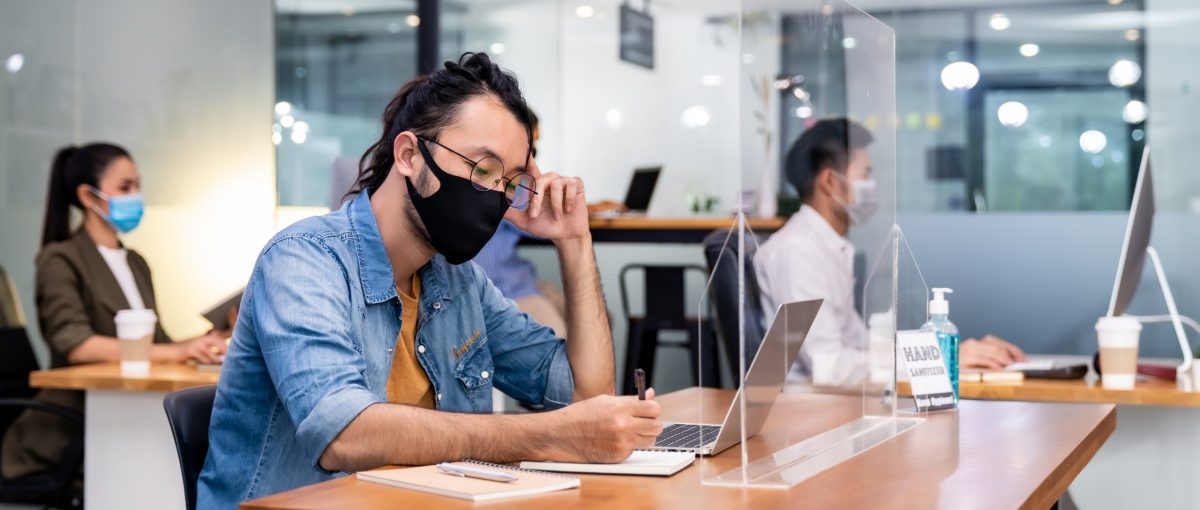
No More "Chevron Deference": A Primer for Nonprofits
12.19.2024 | Linda J. Rosenthal, JD

“We need to stop quoting Dr. King, feeling good about ourselves, and then continuing to do the same old crap that hasn’t worked for generations.”
That was the urgent plea of prolific nonprofit commentator Vu Le in It’s 2020. Be bold or get the hell out of the way (January 20, 2020), Nonprofit AF Blog. That (dare we say justified) rant was over six months ago, well before we knew how monumentally bad this brand new year was going to turn out to be.
In early August 2020, we began to explore the seemingly benign theme of the nonprofit sector “…anxiously await[ing] the time it can return to ‘normal.’” See Philanthropy Thinkers On Not Returning to “Normal” (August 4, 2020). In that first of several related posts, we wrote about the many warnings by experts and commentators against simply trying to turn back the clock. The “pre-pandemic ‘normal’ was imperfect at best….and the deep inequalities and structural deficiencies in our society have come into painfully crisp focus.”
We promised to return to this subject and probe it more deeply. In Funders Urged Not to Return to “Normal” (August 26, 2020), we presented advice specifically on how philanthropy’s funders and grant-makers should approach the weeks and months ahead. We discussed the thoughtful article by foundation veteran David Morse a few months ago in The Chronicle of Philanthropy. There, Mr. Morse urges foundations and philanthropists to “help create the better normal” by continuing “… what they’re now doing to provide support to their grantees who desperately need it, just more of it and quicker.” He adds: “And just do it; it’s a waste of time, space, and money to crow about it.”
Since the outbreak of the COVID-19 crisis, blogger Vu Le has continued – and dramatically enhanced – his pre-pandemic pleas to foundations to radically transform their funding levels and practices. But Mr. Le cautions – along with David Morse and many others – that funders will fail to meet the challenge of this catastrophe by merely tweaking the old system around the edges. They must address the core problems of power and privilege in society and in philanthropy itself.
As commentator Arundhati Roy points out in The Pandemic is a Portal (April 3, 2020), Financial Times, “[n]othing could be worse than a return to normality.” There can be opportunity amidst the crisis. “Historically, pandemics have forced humans to break with the past and imagine their world anew. This one is no different. It is a portal, a gateway between one world and the next….”
In It’s 2020. Be bold or get the hell out of the way, Vu Le chose the occasion of MLK Day to drill down his continual message that funders as well as nonprofit organizations should stop with the endless intellectualizing and move on to action to bend the “arc of the moral universe” toward justice. What’s the “definition of equity?” he asks rhetorically. “Here’s my revised definition: Equity is about restoring power and resources to the people and communities who have been most harmed by the ongoing legacy of colonization, slavery, and injustice based on white supremacy and toxic patriarchy….There. Let’s move on. It’s not perfect, but we don’t have years to debate it like we have been. Our sector needs to think, speak, and act more boldly.”
He was sadly correct; we didn’t have “years to debate it.” It was just six short weeks until the COVID-19 pandemic engulfed us.
While Mr. Le’s more recent writings laud those funders which have stepped up to the plate early in this crisis by pumping out much more money than usual with fewer hurdles and restrictions, he emphasizes they must do much more. They must commit to not rebuilding the flimsy and flawed institutions that were the building blocks of the old “normal.” See, for example:
Along similar lines, see articles of note by other authors:
About a year ago, in What is Participatory Grantmaking? (September 10, 2019), we wrote about a “recent school of thought” described by New Zealand’s Lani Evans in her essay and report titled “Participatory Philanthropy: An Overview” (2015). Her “deep interest in philanthropy” moved her to consider “whether or not philanthropy hinders social change” because it is so grounded in the “…culture-laden belief, often unconscious but seldom questioned, that possession of a greater material wealth or professional expertise is necessarily accompanied by superior skills to make things better no matter what the circumstance. This “top-down” assumption that “… people with these assets know more… extends to narrow beliefs about the identification, measurement, and evaluation of effective philanthropic practice.”
Recent writings pick up this topic with greater urgency and renewed consideration under our current turbulent circumstances. See, for instance:
Returning again to author Arundhati Roy’s The Pandemic is a Portal, philanthropy funders must “rethink the doomsday machine we have built for ourselves,” choosing – now – not to “drag… the carcasses of our prejudice and hatred, our avarice, our data banks and dead ideas,… behind us.”
